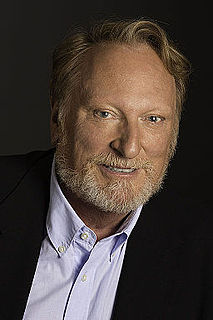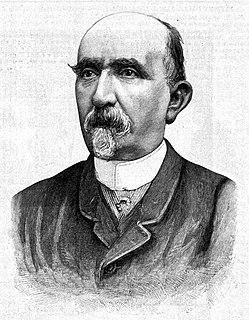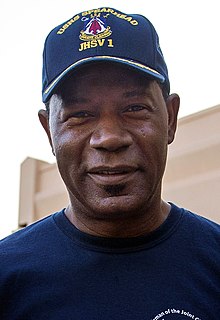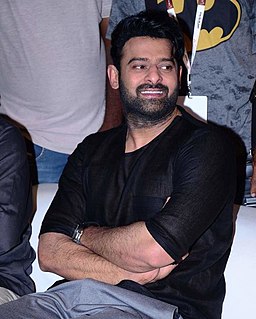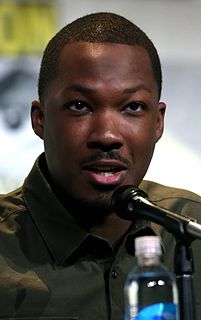A Quote by Jeffrey Jones
And from my character's point-of-view in Ravenous, he had been collected by Robert Carlyle's character, he had become infected by this ravenous, cannibalistic power, and he was making the best of it.
Related Quotes
Particularly, the actors, to have analyzed the script in great detail from the point of view of their specific character. So that they have a handle on exactly where the character is in the chronology of things. In that sense the actors become your best check on the logic of the piece, and the way in which it all fits together. They become essential collaborators. The main thing is you have to work with very smart actors.
If you do a black character or a female character or an Asian character, then they aren't just that character. They represent that race or that sex, and they can't be interesting because everything they do has to represent an entire block of people. You know, Superman isn't all white people and neither is Lex Luthor. We knew we had to present a range of characters within each ethnic group, which means that we couldn't do just one book. We had to do a series of books and we had to present a view of the world that's wider than the world we've seen before.
When you are writing, you have to love all your characters. If you're writing something from a minor character's point of view, you really need to stop and say the purpose of this character isn't to be somebody's sidekick or to come in and put the horse in the stable. The purpose of this character is you're getting a little window into that character's life and that character's day. You have to write them as if they're not a minor character, because they do have their own things going on.
It makes it easier, if you can't do an American accent. I don't know. It's different. I played a character in Never Let Me Go where the script for my character was very sparse, and I enjoyed it. With Never Let Me Go, I had a whole book written from my character's point of view, so I always knew where I was. But, with Ryan [Gosling], it was just easy. He's such a brilliant actor and he is so prepared. He doesn't have to warm himself up to be in a scene. He's just in it. It draws you in, in a way.
There have been times I thought that when I got a certain point in the story, a certain character was going to do a certain thing, only to get to that point and have the character make clear that he or she doesn't want to do that at all. That long phone conversation I thought the character was going to have? He hangs up the phone before the other person answers, and twenty pages of dialog I had half written in my head go out the window.
I definitely wanted to pay homage to what he did and use his performance in the first one as a foundation. But, I had to make it my own. I couldn't sit there and try to imitate Michael Clarke Duncan. I think that would have been disastrous. I had to make it my own. I tried to take as many nuances that he had with the character and utilize them as best I could, while creating a character that was unique to me. That's going to happen, no matter what.
